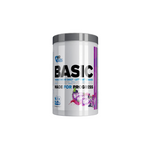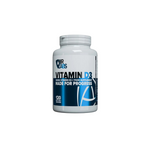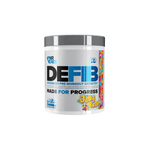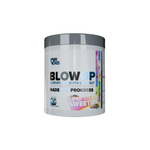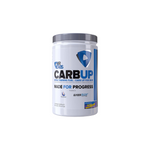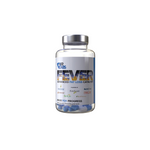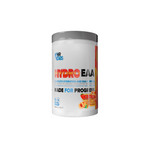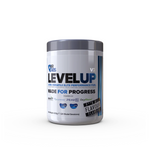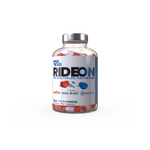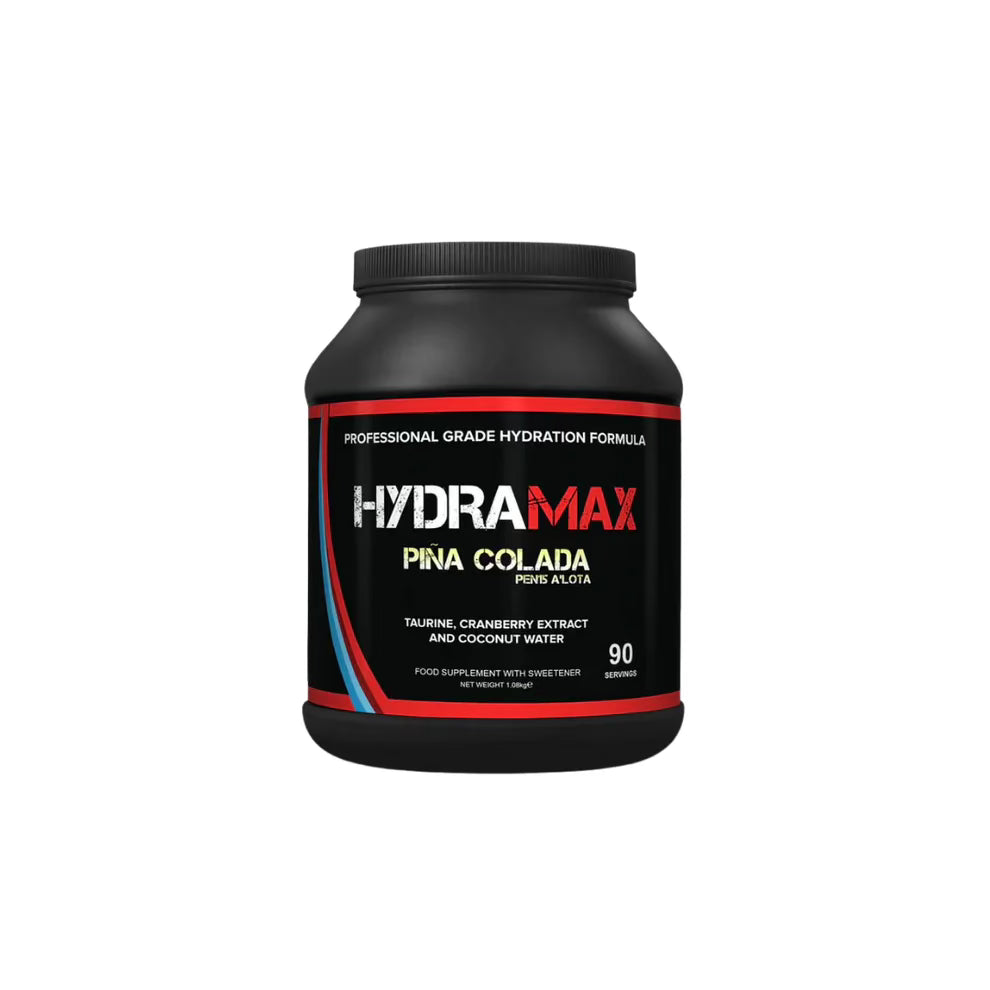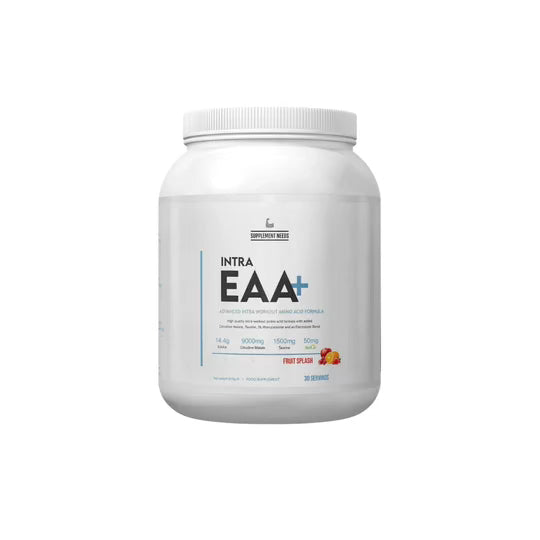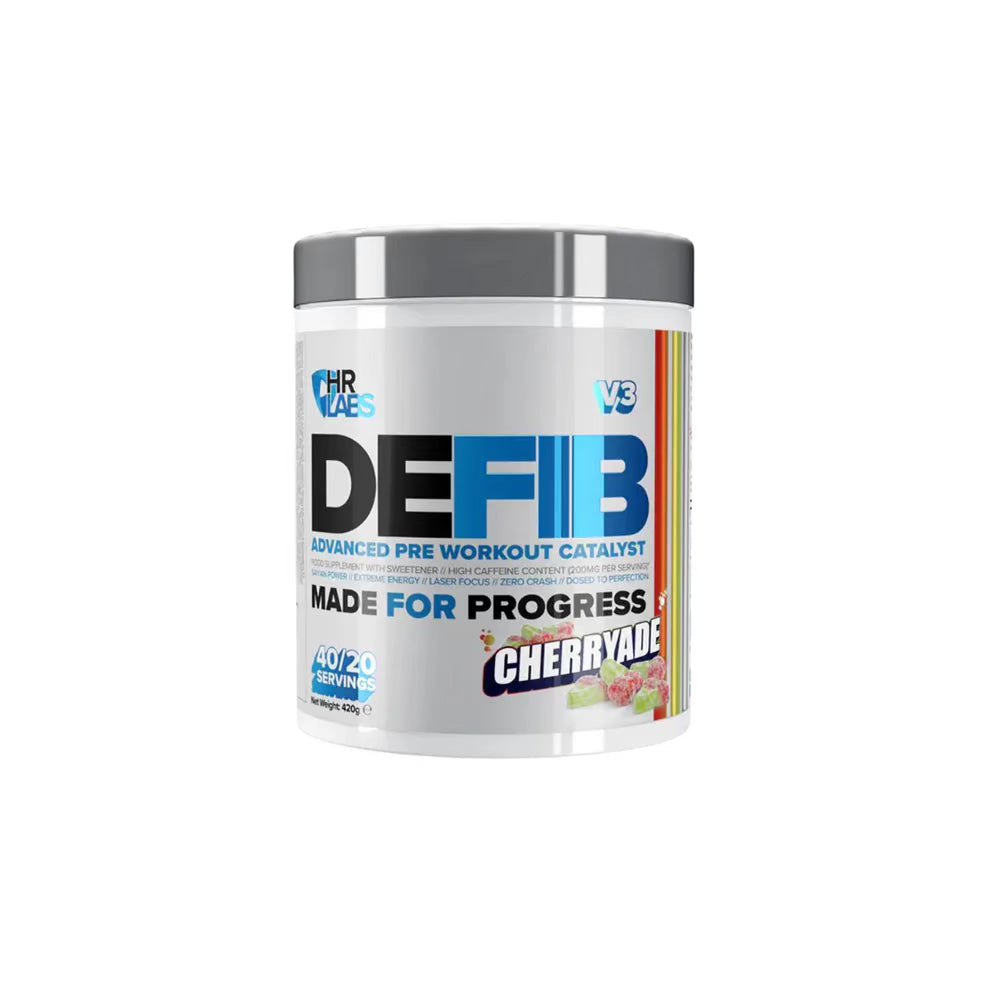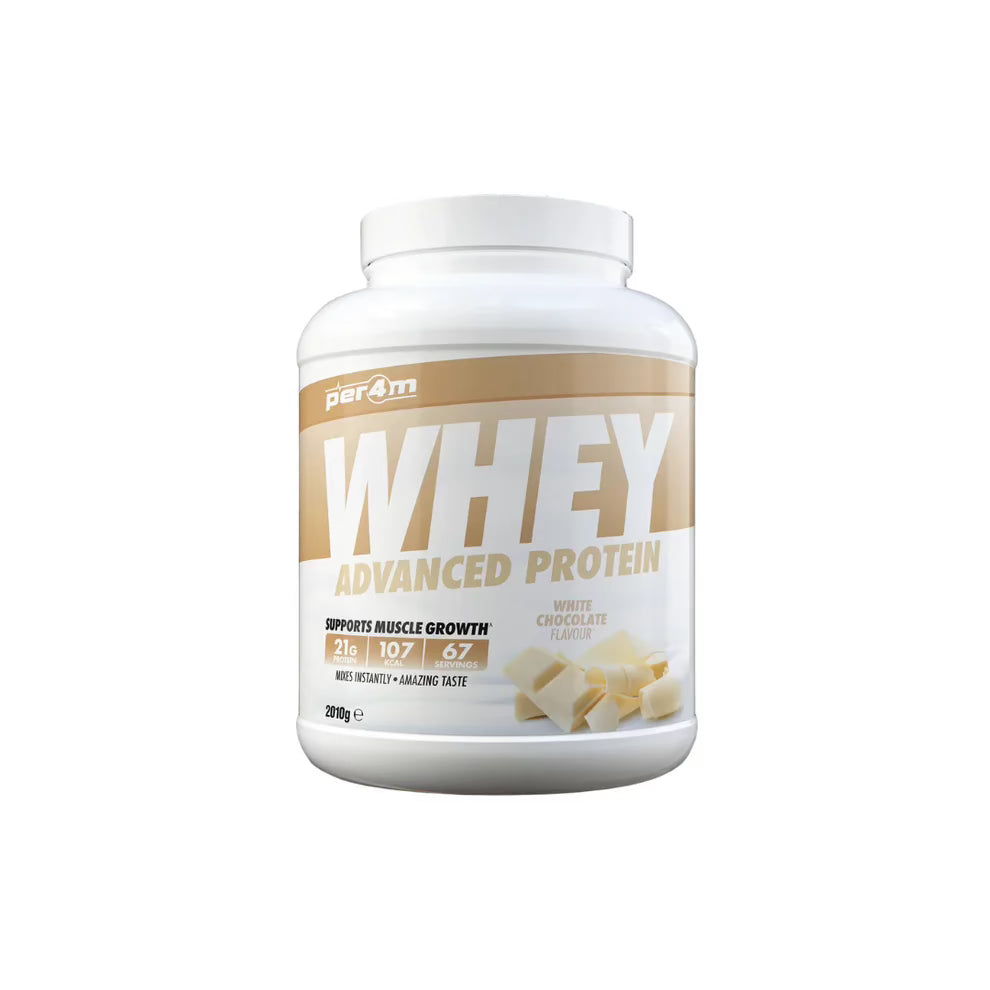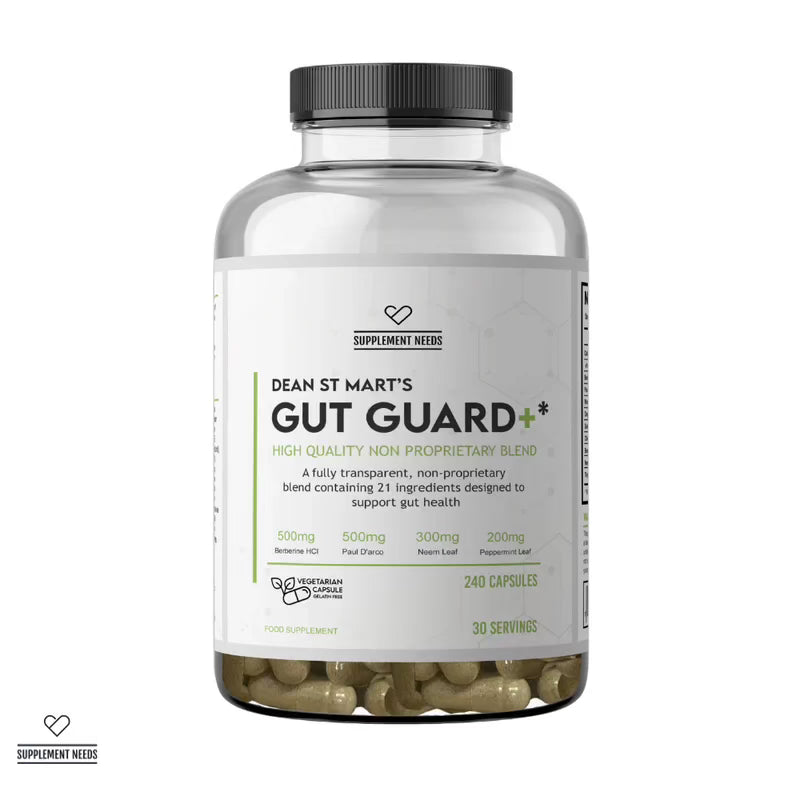The role that nutrition plays in maintaining muscular health is massive, with the vitamins and nutrients that you are intaking being an important part of this. Some vitamins can even support hypertrophy i.e., muscular increase, whilst the benefits of others in relation to muscular health it a bit more difficult to see. However, it is often difficult to find clear and concise information on which of these vitamins and nutrients you should be intaking, and from what sources you can get it, so that’s what we aim to do here. We hope that you can then make a more informed decision about your diet.
Vitamin D, often know as the sunshine vitamin due to it being created when sunlight hits the skin. However, many people do not get enough vitamin D from the sun as a lot of people work inside. These people are generally recommended to take a vitamin D supplement.
Vitamin D helps to maintain healthy bones and supports protein synthesis, which keeps us healthy and strong. Furthermore, vitamin D also plays a role in nutrient absorption, mood balance and insulin. This makes it crucial for muscular growth.
It is often recommended to pair a vitamin D supplement with a vitamin K2 supplement as well. The combination is good for ensuring calcium goes to the bones, rather than building up in your arteries.
Vitamin B12 helps your body to produce red blood cells; the cells responsible for delivering oxygen to your muscles. This makes B12 a highly important vitamin for muscle growth, with it ensuring that your muscle remain oxygenated.
Some choose to use a vitamin B12 supplement, particularly vegans and vegetarians who struggle to get it in their diet in large amounts. This is because common sources are fish, dairy, and poultry, with vegan and vegetarians being limited to plant milks, soya beans and some fortified cereals.
Vitamin B3 is commonly used by bodybuilders and fitness models before photoshoots due to its ability to support muscle growth and give a better pump. This makes it a crucial vitamin for muscular growth, whilst it also has the added benefits of promoting glucose metabolism, increasing good cholesterol and limiting bad cholesterol, and supporting healthy hormone production.
Common sources for this vitamin include bananas, eggs, seeds, meats, and fish. However, it is also common to supplement vitamin B3.
At this point you may be noticing that the B-vitamins have cropped up a couple of times. This is because the B-vitamins play a crucial role when it comes to muscular growth and repair. Vitamin B6, like vitamin B12, is good for promoting red blood cell production and healthy levels of nitric oxide (which can support performance and endurance).
Whilst vitamin B6 can be supplemented, some common sources to get it into your diet are fish (particularly fatty fish like salmon), chickpeas, chicken liver and bananas.
Vitamin A is arguably the most important vitamin on this list, with it supporting protein synthesis and the creation of glycogen, whilst also supporting healthy, strong bones. However, the main issue with vitamin A is its tendency to be made deficient by environmental impacts such as alcohol and illness.
Good sources of vitamin A are eggs, fatty fish and carrots.
Most of you will have already heard of vitamin C before, with it being known for its ability to boost immune function and up antioxidant levels. However, less commonly known is that vitamin C can help repair damaged tissue; which is massively important for recovering from a session in the gym.
Vitamin C is found in a diversity of foods from tomatoes to citrus fruits to leafy greens. However, vitamin C is not absorbed by the body very well which is why many opt to also use a vitamin C supplement.
Omega-3 fatty acids
Omega-3 has a diversity of benefits for brain health; however, it has also been found to speed up recovery and boost muscle growth, whilst also providing support to general cardiovascular health. This makes it hugely important for muscular recovery and maintenance.
Omega-3 fatty acids can be found in foods such a walnuts, eggs, fish and avocados. Like many other vitamins and nutrients mentioned in this list, omega-3 fatty acids are often supplemented to ensure that the daily need is met.
Vitamin B2
Vitamin B2 supports energy production, making it hugely important for anybody trying to make gains in the gym. However, as well as helping you during your workout, vitamin B2 plays a role in recovery and can reduce the soreness from a heavy workout. This allows you to get back to training quicker, helping you to realise your gains quicker.
Vitamin B2 can be found in several animal products from trout to beef, dairy and lamb. However, vitamin B2 is also often supplemented, particularly by vegans and vegetarians who might struggle to get it from natural sources.
Vitamin B9 (Folate or Folic acid)
Vitamin B9 is the final vitamin on this list and another member of the B-vitamin family. Studies have suggested that vitamin B9 can benefit muscular growth by improving the synthesis of new cells, as well as the repair of damaged cells and tissues.
Vitamin B9 is commonly gotten from foods like avocado and spinach, though some do choose to supplement it.
Summary
To summarise, there is a vast number of different vitamins and nutrients that can aid in muscular growth and recovery. Above we have discussed the most important of these; however, other vitamins and nutrients that can help you to maximise your gains do also exist. To explore other potential supplements, check out our store.
